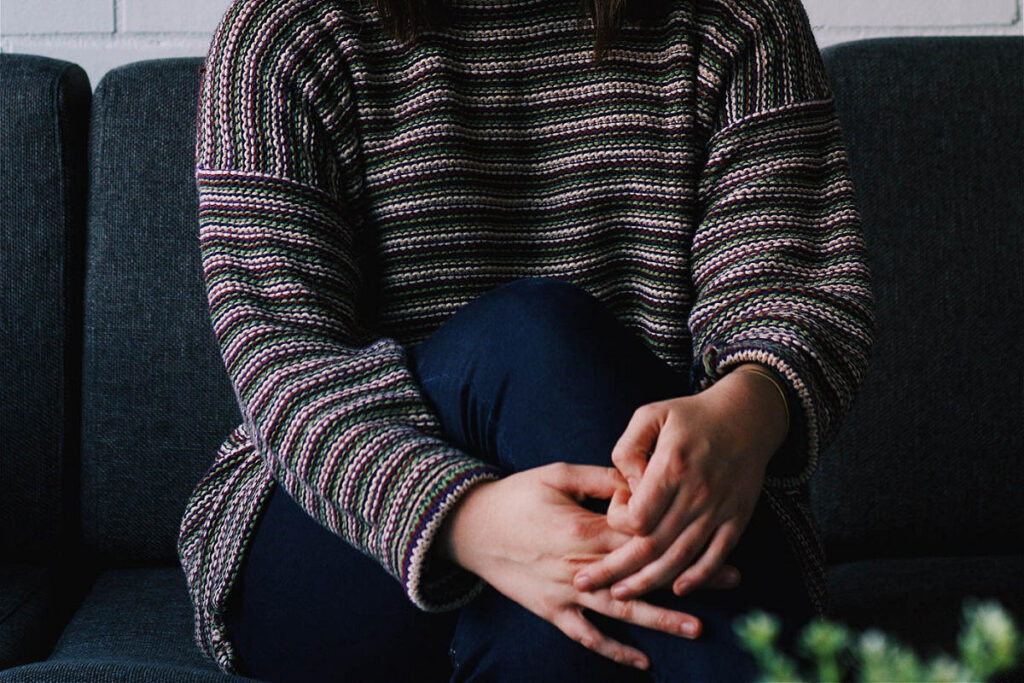Alcohol and Drug Misuse
Alcohol and Drug Misuse
People use alcohol and other drugs (AOD) for a variety of reasons:
- to relax
- for enjoyment
- to be part of a group
- sometimes to avoid physical and/or psychological pain
- experiment out of a sense of curiosity
- excitement
- rebellion
Alcohol and other drugs may also be used to:
- cope with problems
- relieve stress
- overcome boredom
Most people use alcohol and other drugs for their benefits (perceived or experienced), not for the potential harm they may cause. This applies to both legal and illegal substances, including drugs that are prescribed. No one takes a drug to feel worse.
It’s important to remember that the vast majority of people who drink alcohol and/or use legal or illegal drugs do not become dependent on any of these substances.
Patterns of Use
Drugs are used in different situations and frequencies, and for different reasons, depending on the person and the specific point in their life. People can move between categories, one stage will not inevitably lead to another, and there is no clearly defined start or end stage. The majority of people who use alcohol of other drugs do not become dependent or develop serious problems as a result.
Here are the different patterns of use:
- Experimental use: a person tries a substance once or twice out of curiosity.
- Recreational use: a person chooses to use alcohol or other drugs for enjoyment, particularly to enhance a mood or social occasion. Most people use substances for this reason and rarely develop problems as a result.
- Situational use: alcohol or other drugs are used to cope with the demands of a particular situation, such as responding to peer group pressure, overcoming shyness in a social situation or coping with some form of stress.
- Intensive use or ‘bingeing’: a person intentionally consumes a heavy amount of alcohol or other drug over a short period of time, which may be hours, days or weeks.
- Dependent use: a person becomes dependent on alcohol or other drug after prolonged or heavy use over time. They feel the need to take the substance consistently in order to feel normal and/or to avoid uncomfortable withdrawal symptoms.
- Therapeutic use: a person takes a drug, such as a pharmaceutical, for medicinal purposes.
Why do people choose certain drugs?
People choose a particular drug mainly for the specific feelings they get as a result of using them. For example, people may use codeine to relieve pain, drink alcohol to relax and relieve stress, take amphetamines to increase energy, or use hallucinogens to alter their perception. Using one drug does not necessarily lead people to try other drugs. Research does not support concerns about so-called ‘gateway drugs’. There is no evidence that suggests people who use cannabis will ‘graduate’ over time to other drugs such as heroin or amphetamines.
A person’s use of alcohol or other drug may be influenced by the availability, price and purity of specific drugs. Often, it’s the combination of these factors that determines which drug a person uses. Usually if supplies of a preferred drug fall, which in turn can significantly increase the price, then people may switch to an alternative drug to satisfy their needs.
You can find out more about why people use alcohol and other drugs at adf.org.au.
















